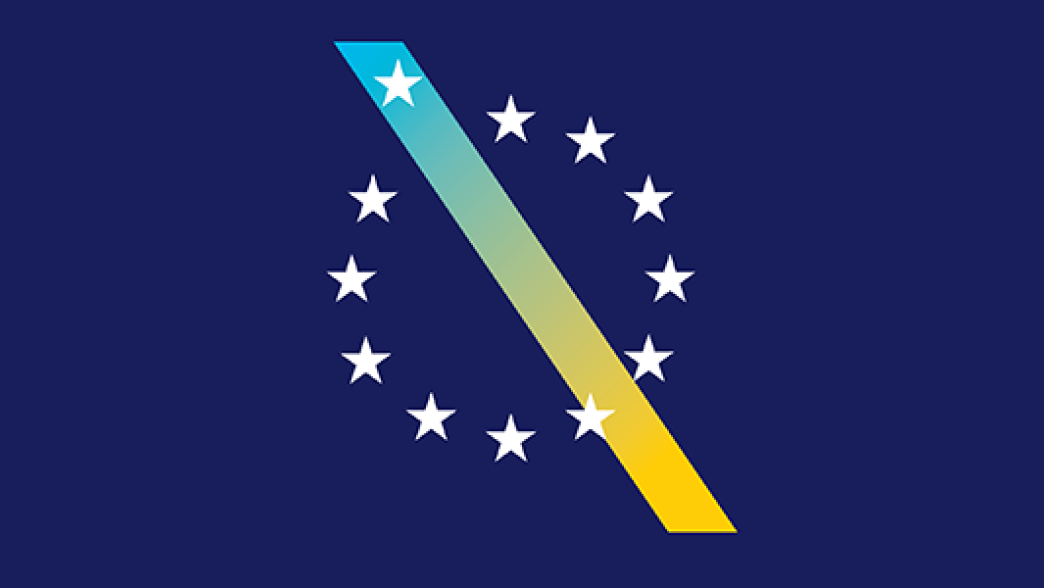Explainer
UK–EU future relationship: Article 218
Article 218 of the Treaty on the Functioning of the European Union sets out the EU’s rules for conducting negotiations with third parties.

Article 218 of the Treaty on the Functioning of the European Union sets out the EU’s rules for conducting negotiations with third parties.

What are the possible legal challenges to the government's Rwanda asylum plan?
How many MPs are standing down at the next election, and why?
On 2 May 2024, voting will take place for 10 metro mayors across England. How will this process work?
What is public service productivity and how is it measured?